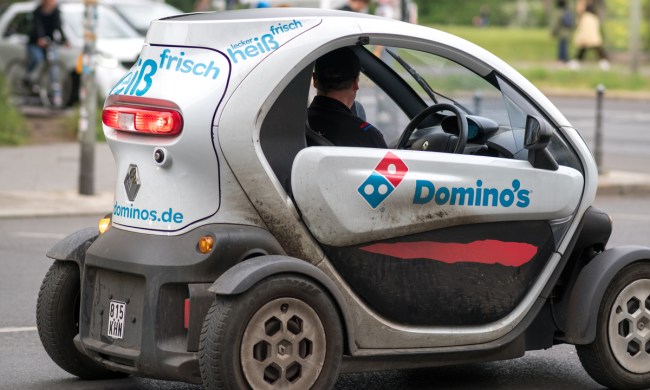According to the US Bureau of Labor and Statistics, over 50% of establishments suffered a decrease in demand for their business due to the COVID-19 pandemic. A statistic like that would scare many business owners, but some visionaries took a risk anyway. Innovative responses to consumer demands were one of many things required to survive, let alone thrive.
Many businesses, large and small alike, found ways to pivot their offerings and survive the economic toll of governmental regulation. But some businesses found a way to thrive. Let’s take a look at small businesses that are thriving, despite the uncertainty of these times.

Businesses launched during the pandemic
United Sodas
With consumers suddenly having to change even their most basic routines, many companies with essential goods had to adapt. Big grocery store chains began to offer delivery and pickup options, years before initially planned. For certain companies, this even meant offering distribution directly to consumer homes.
One small business that realized direct delivery was a thrive tactic is United Sodas. With consumers favoring online grocery shopping, United Sodas realized launching their business meant changing initial planning. Intead of prioritizing shelf space, they prioritized customer needs.
Ghia
Another nonalcoholic beverage company, Ghia, had to find a way to meet consumers when alcohol purchases were at an all-time high across the country. Intended as an aperitif, this company needed a restaurant setting to sell their products. Yet company leadership didn’t postpone launching the product and business as initially thought necessary.
Business leaders recognized, with a soft launch no longer possible, that a full-scale pivot to consumer-direct sales was the solution. Even with changes in branding, production, and marketing, the company soared past its initial pre-pandemic sales projections. Because of their innovative response, Ghia is now positioned to distribute their goods in storefronts locally.
QuickHire
Another big shift for people included job loss and career changes. Some small businesses began when people went into business for themselves, recognizing the potential in taking ownership of their skills. Of course, starting your own business also means finding people to hire or a space to market your skills.
QuickHire started to meet this need. Service and tradespeople needed somewhere to market their skills and find work. And with the labor shortage resulting from the pandemic, this company’s platform is more needed than ever for small business owners in the service industry.

Neverland
With many consumers required to work from home, people found new hobbies. Those people stuck in cities found themselves turning into “plant parents” with an increased interest in home gardening. So Neverland was born.
Turning an urban or cluttered space into a peaceful organic one requires plants. Since shopping at nurseries was out of the question, company leadership realized the value in creating an entirely new online plant shopping experience. Demand for seed kits grew and Neverland’s response positioned their full launch (with a mobile app) next month.
Petal
Have you ever wanted your trash can to smell less but you lack the space or option to store it out of smell? A cold freeze keeps odor-producing bacteria from growing. With consumers spending more time at home, they also generated more waste (and had to smell it longer).
Petal launched its freezer trash can and was so successful, the waitlist for product development is full. This new kind of waste bin meets a huge consumer need reinforced by pandemic lifestyle conditions. With a full waitlist, demand for the product (and company) will only increase over time.
Thriving instead of surviving
For each business started during the pandemic, there’s a common cause. Every business leader and owner for each of the companies listed paid attention to consumer needs or demands. This customer-centric focus is the future of business, especially when the economy changes unpredictably.
You can take away the knowledge that no matter what the current events are, innovation generates solutions. But finding the right solution means knowing your product and consumer well enough to target them. And that means you’re either highly confident in your skills or goods or you’ve done the research to fully understand your consumer.
Thriving in business means doing more than the safe thing. It’s not about buckling down and staying predictable but taking a calculated risk to put you and your brand at the forefront of consumers’ eyes.


